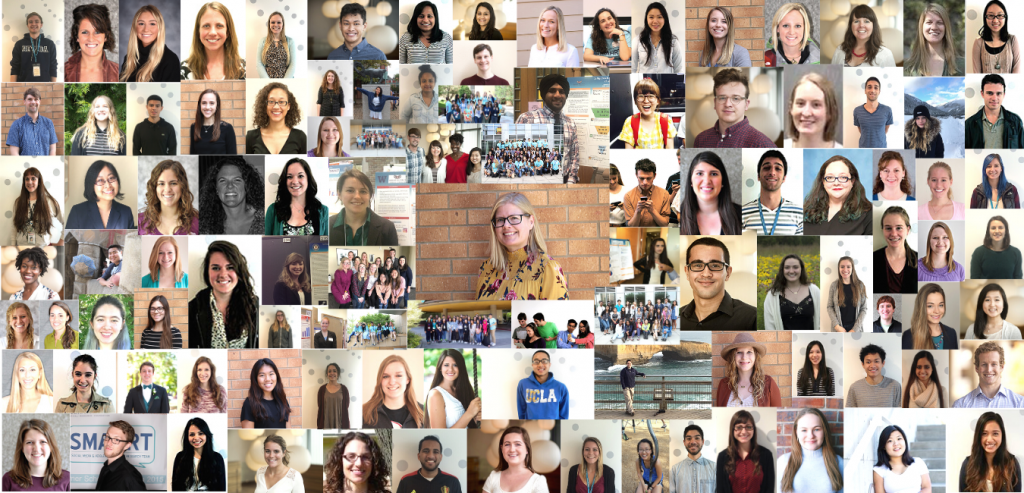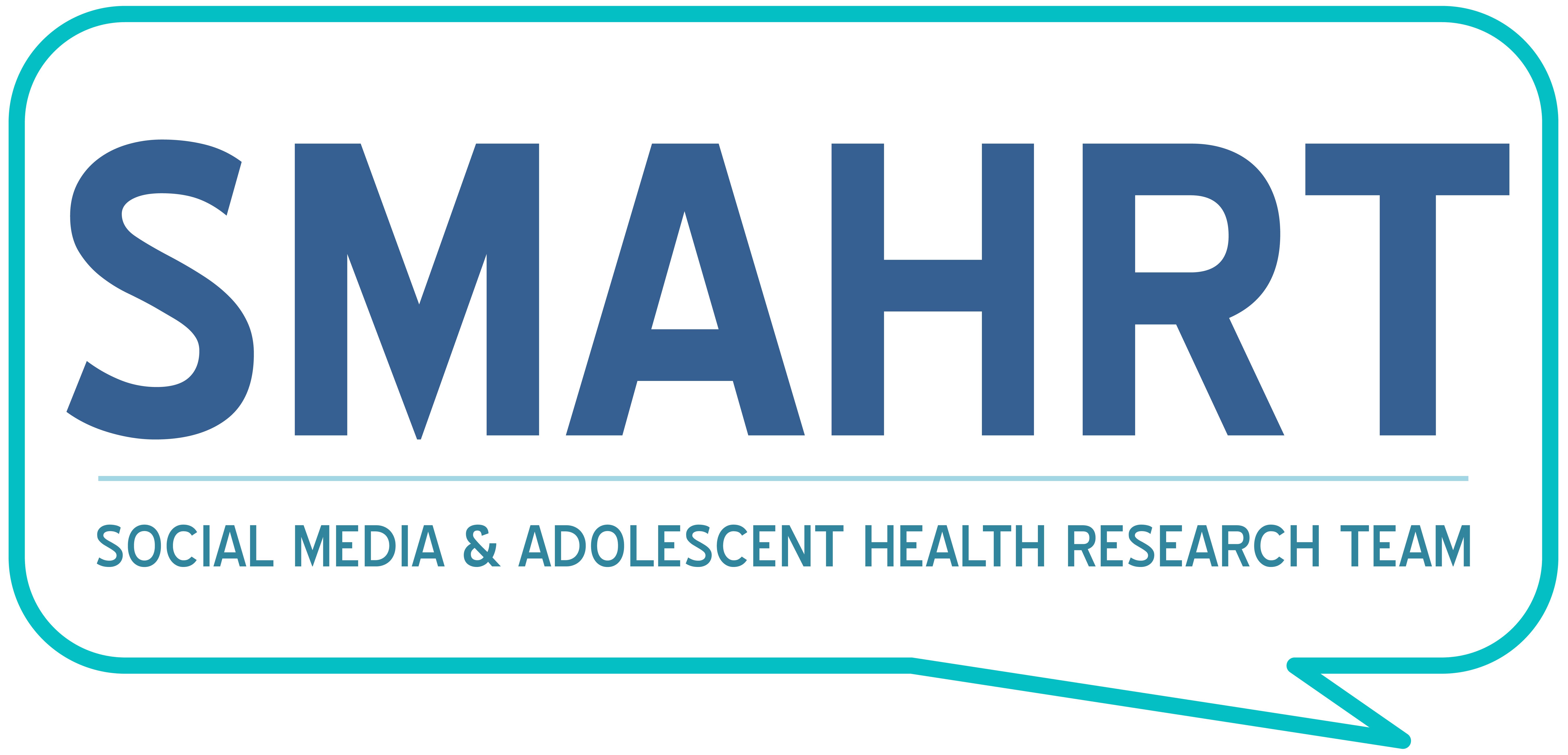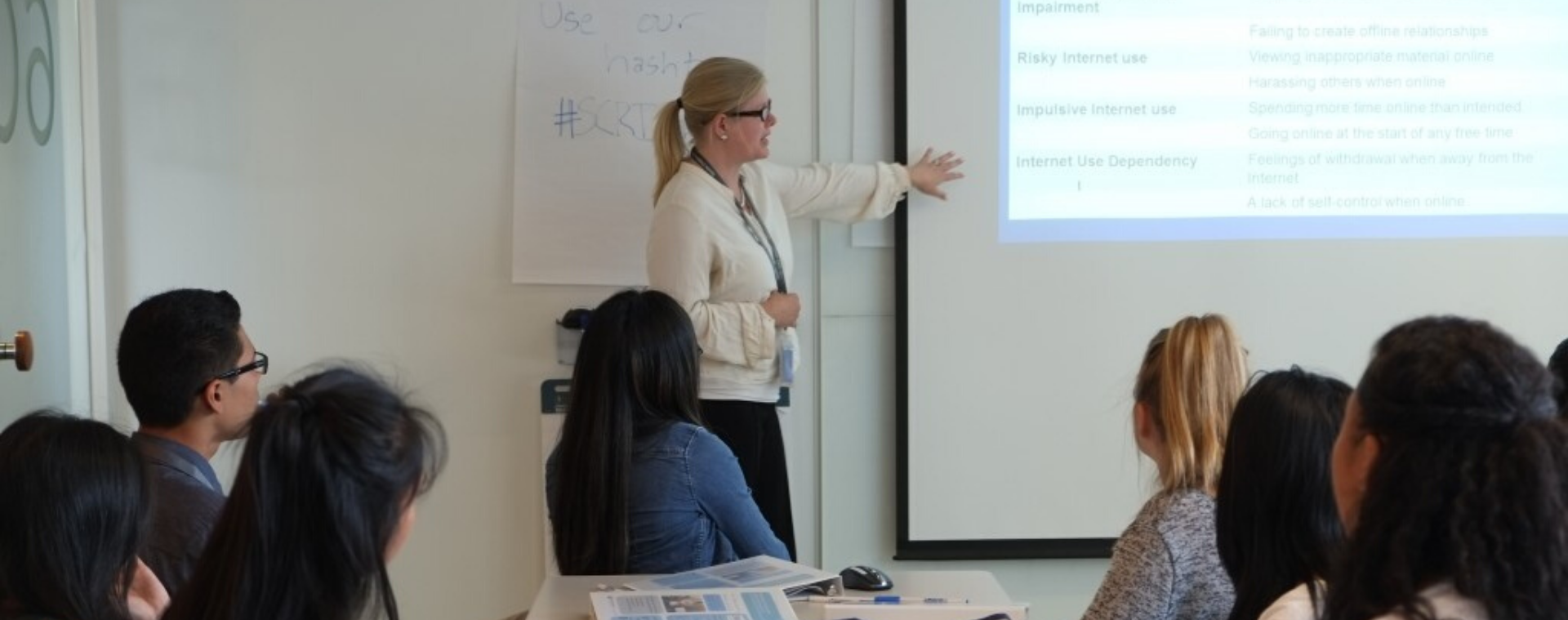
By: Maggie Bushman with input from SMAHRTeam members
Our world is facing many monumental challenges and there are so many changes that our team wants to see in society. We want to see a commitment to social justice and wellbeing. We want to see equity among all people, despite any differences. We want to see a world that is a more inclusive and equitable place. We want science to thrive through the excellence that comes from diversity.
The recent resurgence of the Black Lives Matter movement and calling out racism and injustice in our country have sparked conversations within our team about how we can ensure we are approaching our work through an anti-racist lens. As defined by NAC International Perspectives: Women and Global Solidarity, anti-racism is the “active process of identifying and eliminating racism by changing systems, organizational structures, policies and practices and attitudes, so that power is redistributed and shared equitably.”
We are by no means experts. However, we recognize there are steps that we can take as researchers to address racism in science and to approach our work through an anti-racist lens. This is hard work that involves difficult conversations both professionally and personally, but we are dedicated to making these changes that are part of a much larger effort.
These conversations on our team have led to several initiatives we have identified as both short and long term efforts for us as a group to pursue. We’d like to share our work in this area publicly both to increase our transparency, and to share our efforts and ideas with others. We’ve benefitted greatly from seeking out and learning from what other research teams are doing to promote diversity and stand against racism, and hope to be part of an ongoing conversation and commitment by scientists for this important work. In this post, we’d like to introduce a few of our short-term efforts that we are actively pursuing, these include the following: to evaluate how scientists are discussing race-related findings in medicine and research, assessing our own recruitment efforts and documents, as well as evaluating our website and social media accounts.
Each of our team members were tasked with investigating one of these incentives and reporting back to our team as a whole.
- Representing Race-Related Findings in Medicine and Research
- Recruitment Documents and Team Training
- Website and Social Media Accounts
As a research team, we understand that these initiatives listed above are just the starting point of our goal of approaching our work with an anti-racist lens. However, we believe that as researchers we can play a vital role in promoting positive change. Here’s what our team members had to say:
“One role we can play is to examine how our existing work intersects with racism toward identifying research questions and publications that could create or exacerbate racism. We can also consider new research questions that may help in promoting change in society.” – Brad Kerr, MS
Researchers can change the tide of academia by not only waiting for a publication to actualize change. “Also change can and should happen long before researchers have the results. Asking the right questions in the design phase promotes change. Don’t ask about how race is a risk factor. Ask about how racism is a risk factor. Don’t ask about the perils of screen time. (Again.) Ask about the amazing and imperative and challenging things kids are learning on the real and scary and important playground that is social media. When you interview and collect other qualitative data, treat your participants like people. Acknowledge that each interaction is an opportunity to help your participants feel heard and valued and important regardless of what happens with your results, regardless of the impact factor in the journal where they are ultimately published.” – Anna Jolliff, MS
“Researchers can promote their important work of scientific findings, and by sharing their work, we can help to inform the public of what’s really happening in our world.” – Elise Goldstein
“I truly believe that positive change can be incited several ways, but for real change to occur it needs to be backed by credible, objective evidence. Researchers can play that role of working to uncover solutions to unanswered questions and to support positive change though asking those questions.” – Maggie Bushman
“I think researchers can promote positive change by critically thinking about the impact potential research projects can have on target audiences. I also think researchers can promote positive change by sharing research and making it more digestible for those who are not in research.” – Zoe Stratman
“As researchers, we can bring evidence to the social injustices we see play out in society every day. Research is such a powerful tool because it can inform clinical practice, government policies, and the general public’s outlook on a topic. By doing ethical and sound research, we have the opportunity and obligation to share findings in all of these facets, which can lead to the societal change we want to see in the world.” – Reese Hyzer
“Our team has incorporated diversity as a core value since the start of our work together in 2008. We know that we need to do more to learn, to discuss and to update our policies as well as our science. We’ve outlined both short and longer term goals and activities to promote diversity, equity and inclusion. We want to be active contributors to the excellence that comes from diversity in science.” – Dr. Megan Moreno
For more anti-racism resources visit: http://smahrtresearch.com/resource-list/

